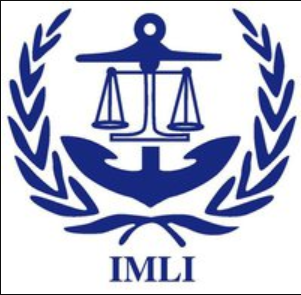The International Maritime Law Institute (IMLI) was established under the auspices of the International Maritime Organisation (IMO), a specialised agency of the United Nations.
The institute is an international centre for the training of specialists in maritime law. It also contributes to the development and dissemination of knowledge and expertise in international maritime law, with special reference to the international regulations and procedures for safety and efficiency of shipping and the prevention of marine pollution.
The IMO International Maritime Law Institute is a world recognized centre for the training of law graduates in international maritime law. Special emphasis is given to international regulations adopted by the International Maritime Organisation.
IMLI provides suitably qualified candidates, particularly from developing countries, with high-level facilities for advanced training, study and research in international maritime law. It also focuses on legislative drafting techniques designed to assist participants in the process of incorporating international treaty rules into domestic law.
One of the essential requirements for operating a shipping or maritime programme is the ability to implement international conventions and instruments adopted by IMO and other relevant international organizations. For this purpose, IMO member states need to have appropriate legal infrastructure which incorporates the provisions of the respective conventions and instruments into national law and which has well-established procedures for applying and enforcing the requirements of the applicable law in all relevant situations.
IMO expects the appropriate legal infrastructure in each state to consist of an up-to-date legislative regime, with suitable machinery for the review, revision and modification of that legislation, to keep it in line with changes in international maritime law and the latest developments in marine technology and shipping practices.
For this purpose the member state, as well as the shipping industry, requires the services of well-trained legal personnel with specialization in maritime and shipping law. There is also need for persons with expertise and skills in the preparation and drafting of legislative instruments, including the preparation of primary legislation (codes, statutes, etc.) as well as the necessary subsidiary legislation (regulations and rules) for implementing the principal instruments at State and industry levels.
Although many develo
